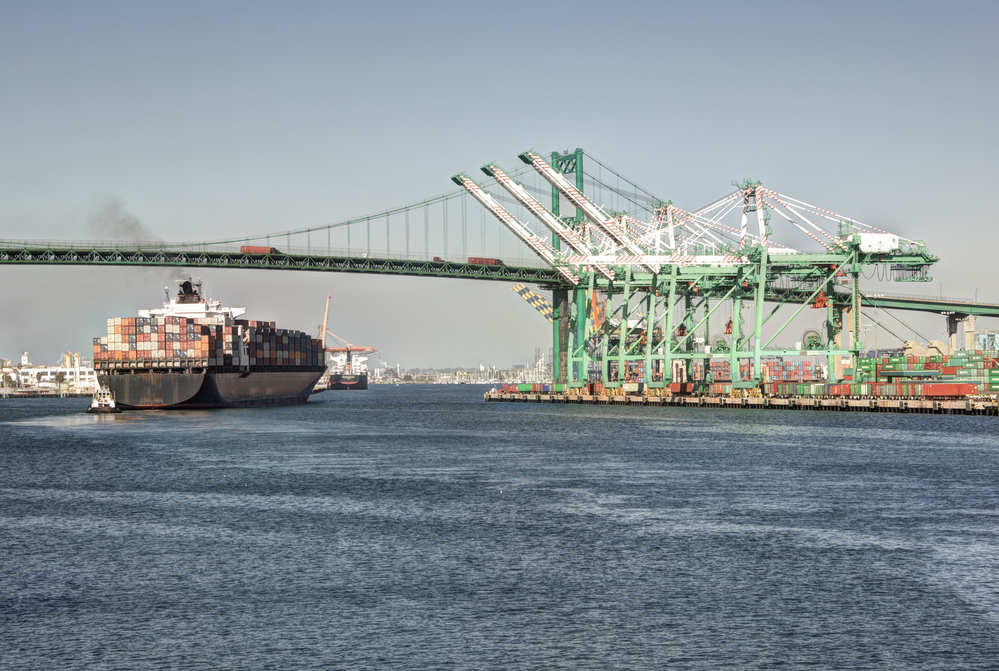
Introduction:
The West Coast ports of the United States are crucial gateways for international trade, facilitating the movement of goods and materials between the United States and the rest of the world. Over the years, however, these ports have faced significant disruptions—notably due to strikes and labor disputes.
- Reasons behind the Port Strikes:
- Labor Disputes: The primary cause of West Coast port strikes stems from labor disputes between the dockworkers’ unions and the port operators. These disputes typically revolve around issues such as wages, working conditions, job security, and healthcare benefits. Negotiations between the parties involved can become protracted, leading to slowdowns, work stoppages, and strikes.
- Contract Renewal Delays: The expiration of labor contracts without timely renegotiation can lead to uncertainty and tensions, increasing the likelihood of strikes. Contract renewal delays can stem from complex negotiations, disagreements on terms, or challenges in finding common ground between the unions and port operators.
- Implications of Port Strikes:
- Supply Chain Disruptions: West Coast port strikes disrupt the entire supply chain, affecting importers, exporters, manufacturers, retailers, and ultimately consumers. The halted flow of goods through the ports can lead to delays in shipments, inventory shortages, increased transportation costs, and the inability to meet customer demands.
- Economic Impact: The economic consequences of port strikes are far-reaching and often devastating. They can result in lost business revenue, decreased productivity, job losses, and financial strain on both local and national economies. Industries heavily reliant on imports and exports such as retail, automotive, and manufacturing are particularly vulnerable.
- Reputational Damage: Port strikes can tarnish the reputation of affected ports, making shippers and businesses question their reliability. This loss of confidence may prompt companies to explore alternative shipping routes or divert their shipments to other ports, leading to long-term implications for the port’s standing in the global trade landscape.
- Disruptions and Effects:
- Cargo Backlogs: Port strikes cause significant cargo backlogs, with containers piling up at the terminals. This congestion results in delays in unloading and loading operations, further exacerbating supply chain disruptions and impacting delivery schedules.
- Increased Shipping Costs: As shipping schedules are disrupted and alternative routes are sought, shipping costs can rise due to increased demand for alternative transportation modes such as air freight or rerouting. These increased costs are ultimately passed on to consumers, leading to price hikes for goods.
- Operational Inefficiencies: Port strikes disrupt the overall operational efficiency of the ports. The halted cargo flow, labor shortages, and subsequent backlog take time to recover from, leading to longer turnaround times for vessels, reduced productivity, and increased operational costs for port operators.
- Repercussions for Small Businesses: Small businesses, often operating with limited resources and less flexibility, unfortunately bear the brunt of the fallout from port strikes. These businesses may struggle to cope with the supply chain disruptions, facing financial losses, inventory shortages, and challenges in meeting customers’ demands.
Conclusion:
West Coast port strikes have significant implications, causing disruptions throughout the supply chain, impacting economies, and affecting stakeholders. Timely resolution of labor disputes and efficient contract negotiations are essential to minimize the disruptions and their far-reaching effects. By fostering a cooperative environment between unions, port operators, and government entities, the West Coast ports can aim for stability, bolster trade, and maintain their vital role as gateways of global commerce.





